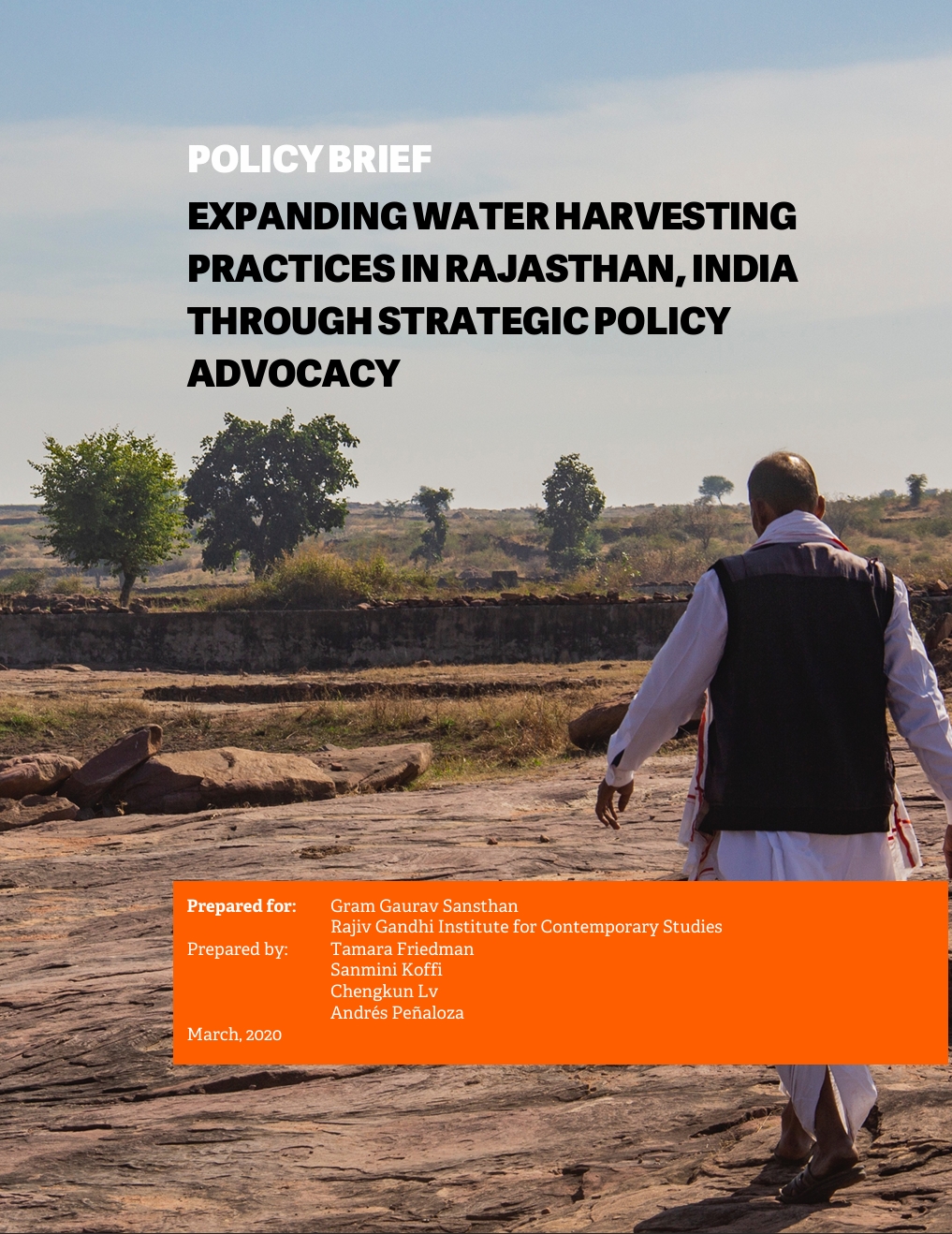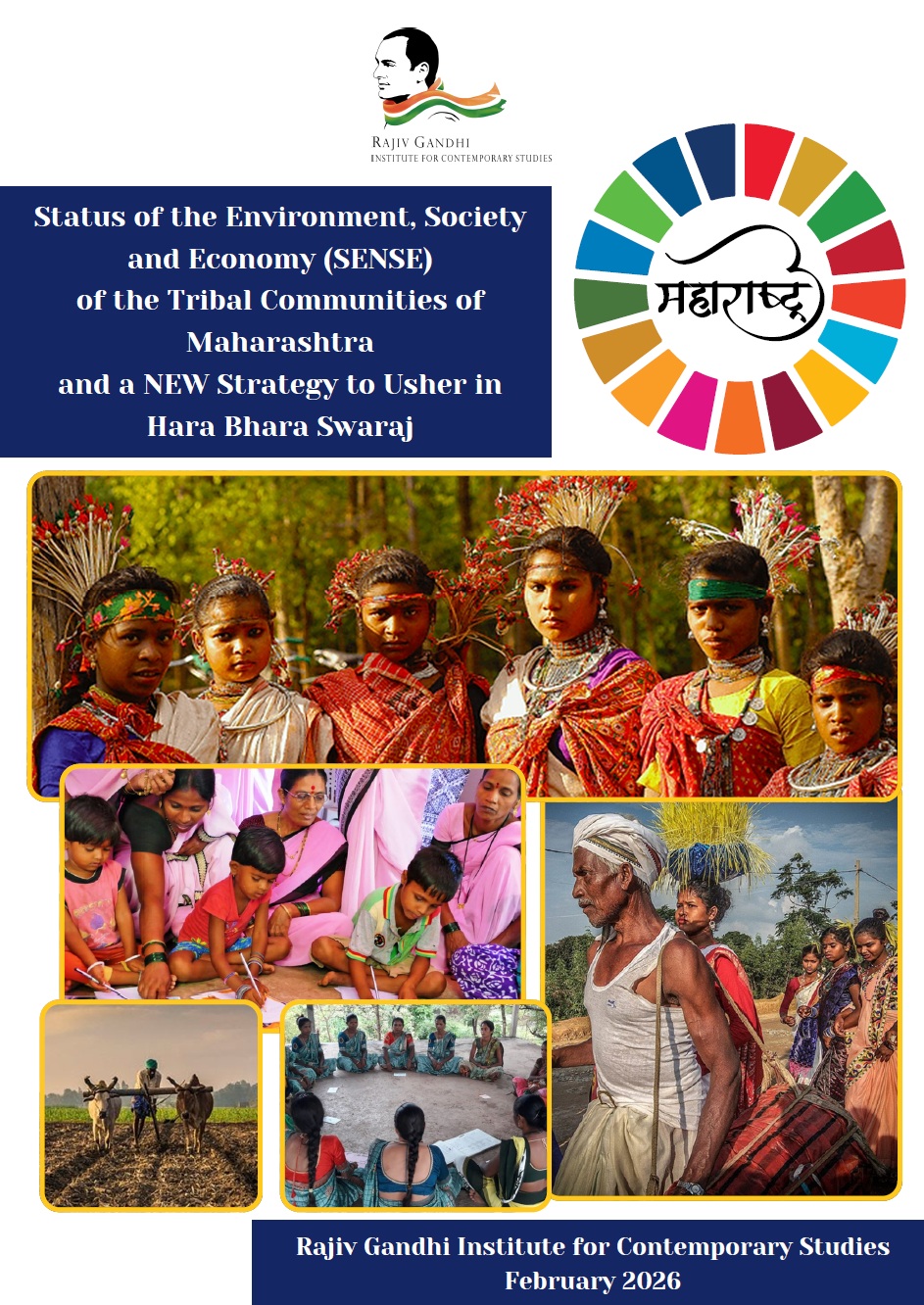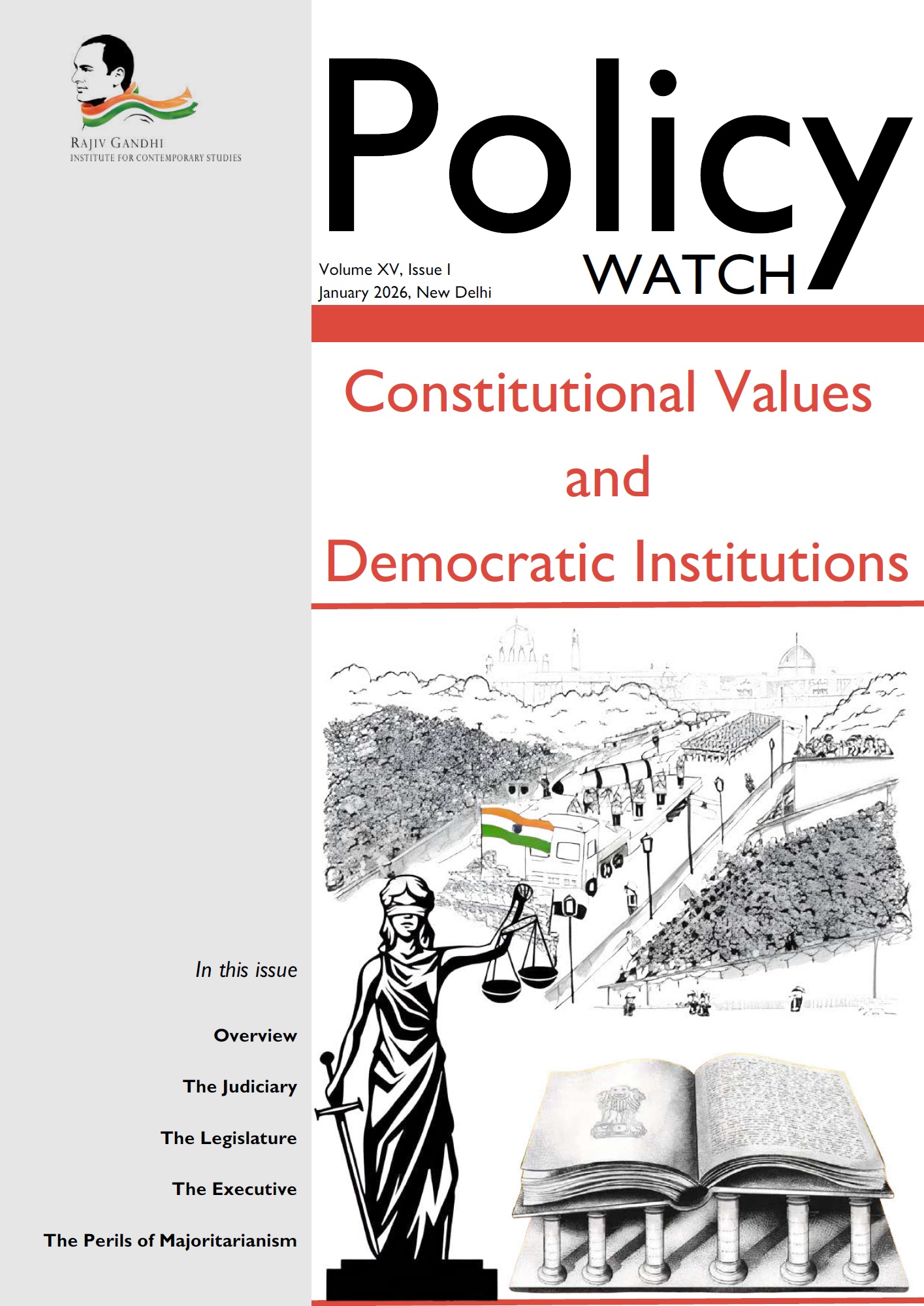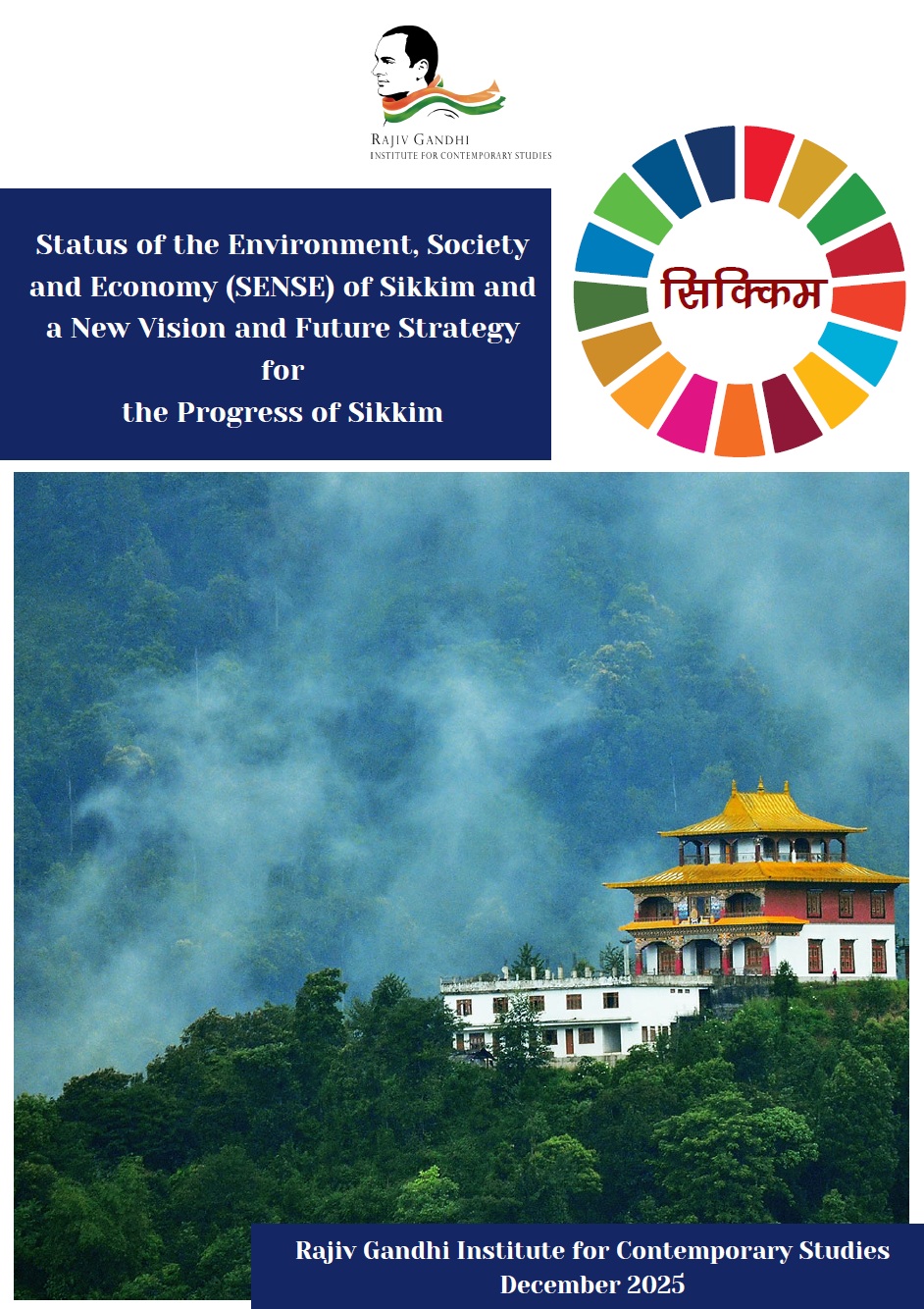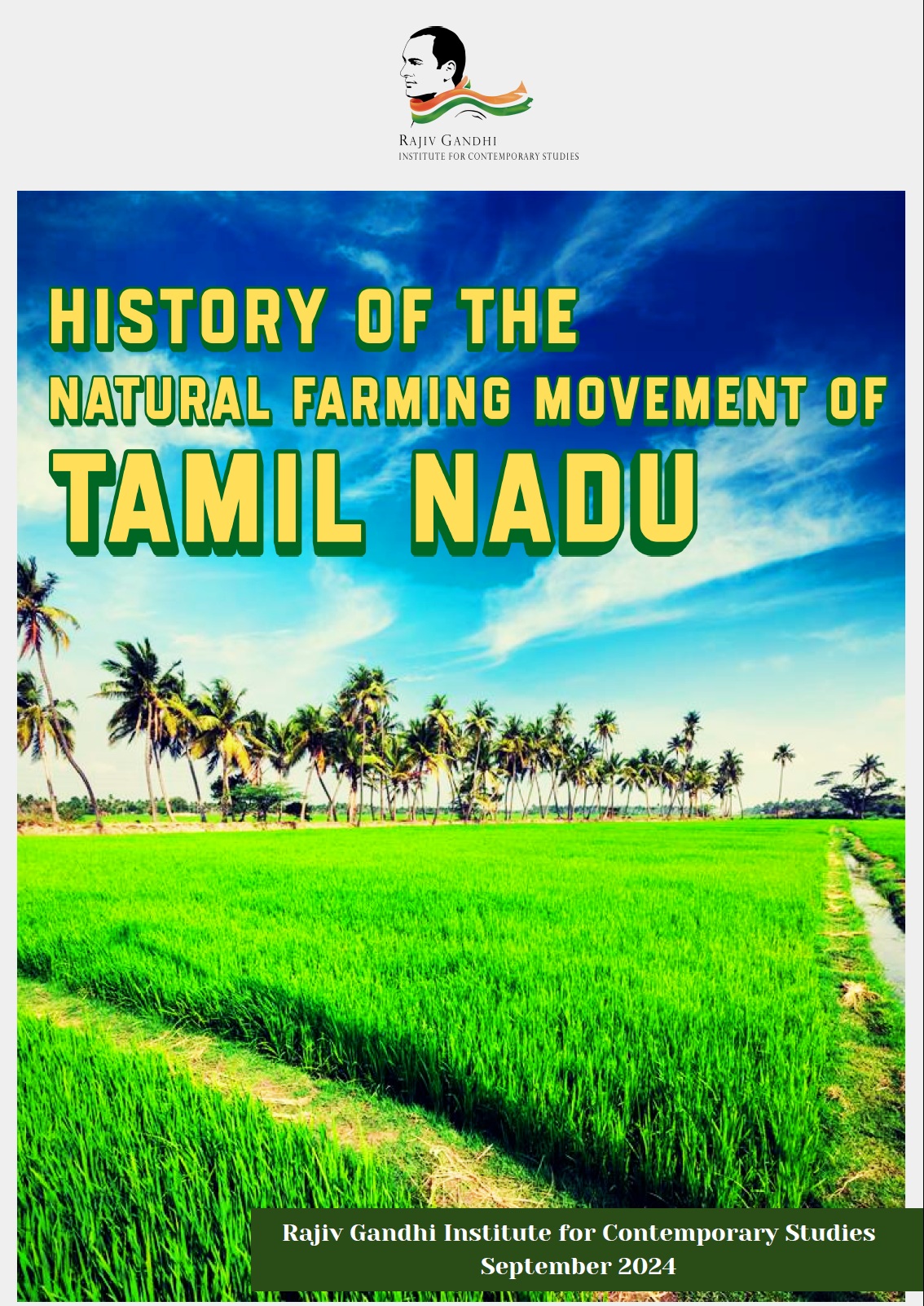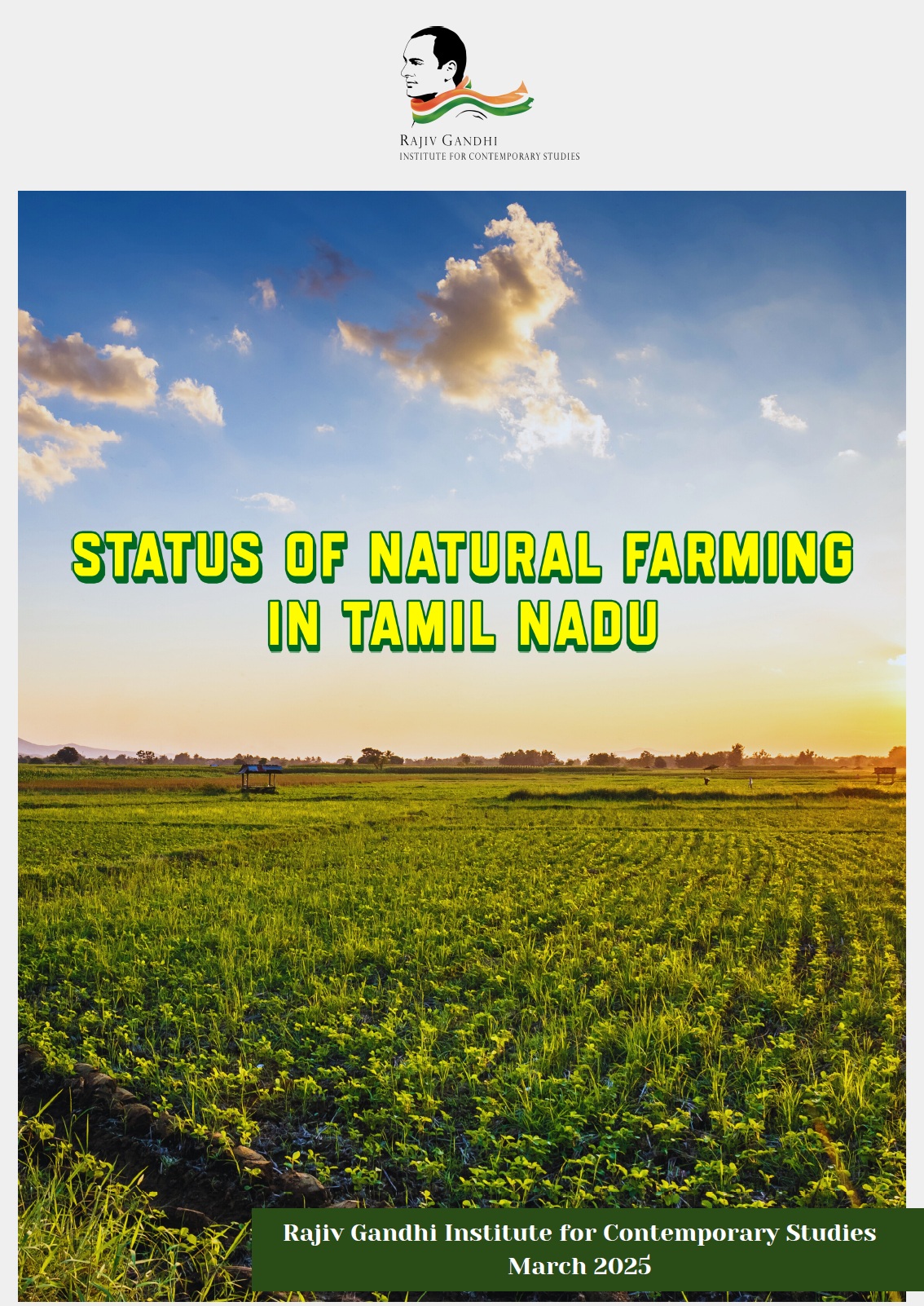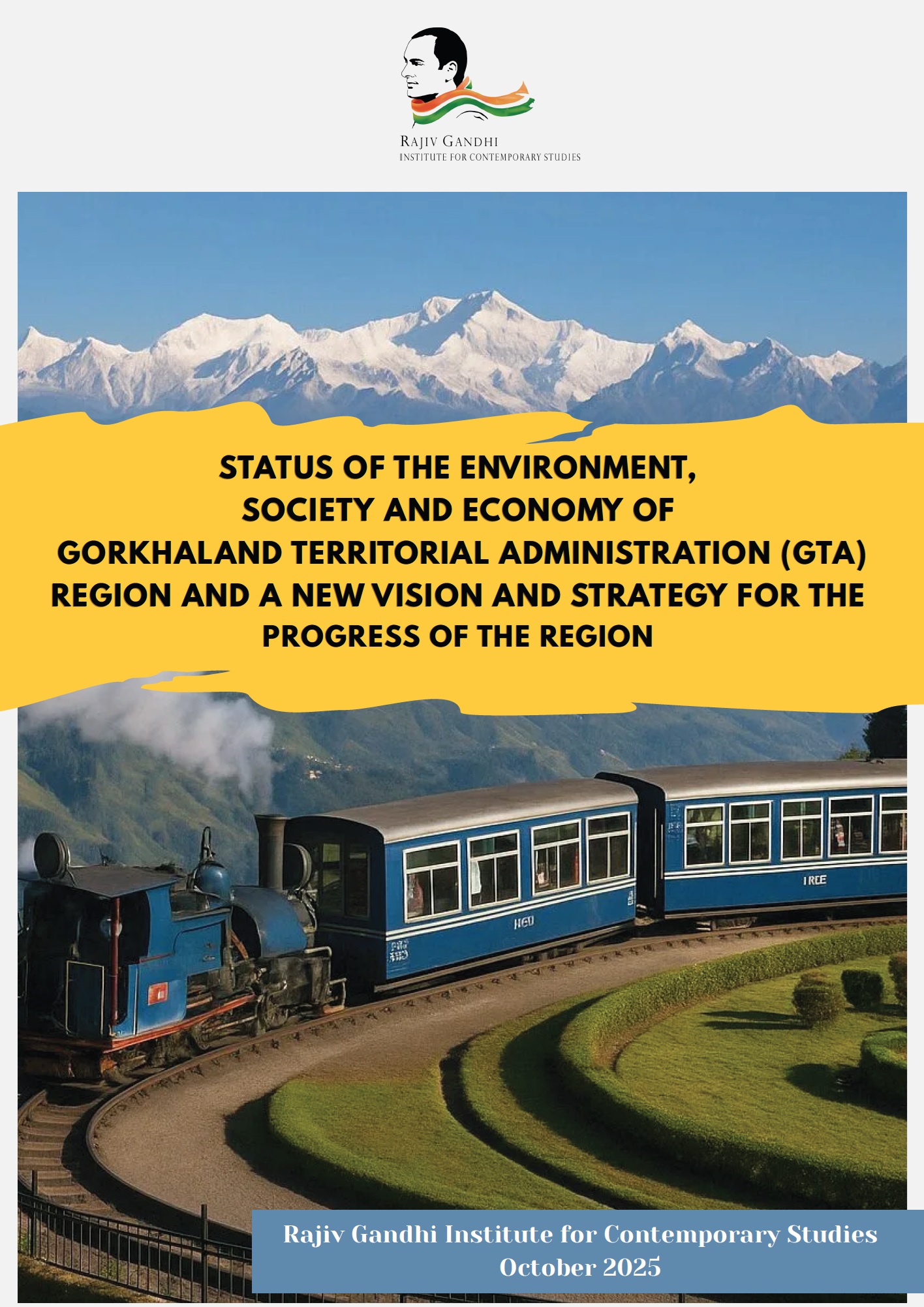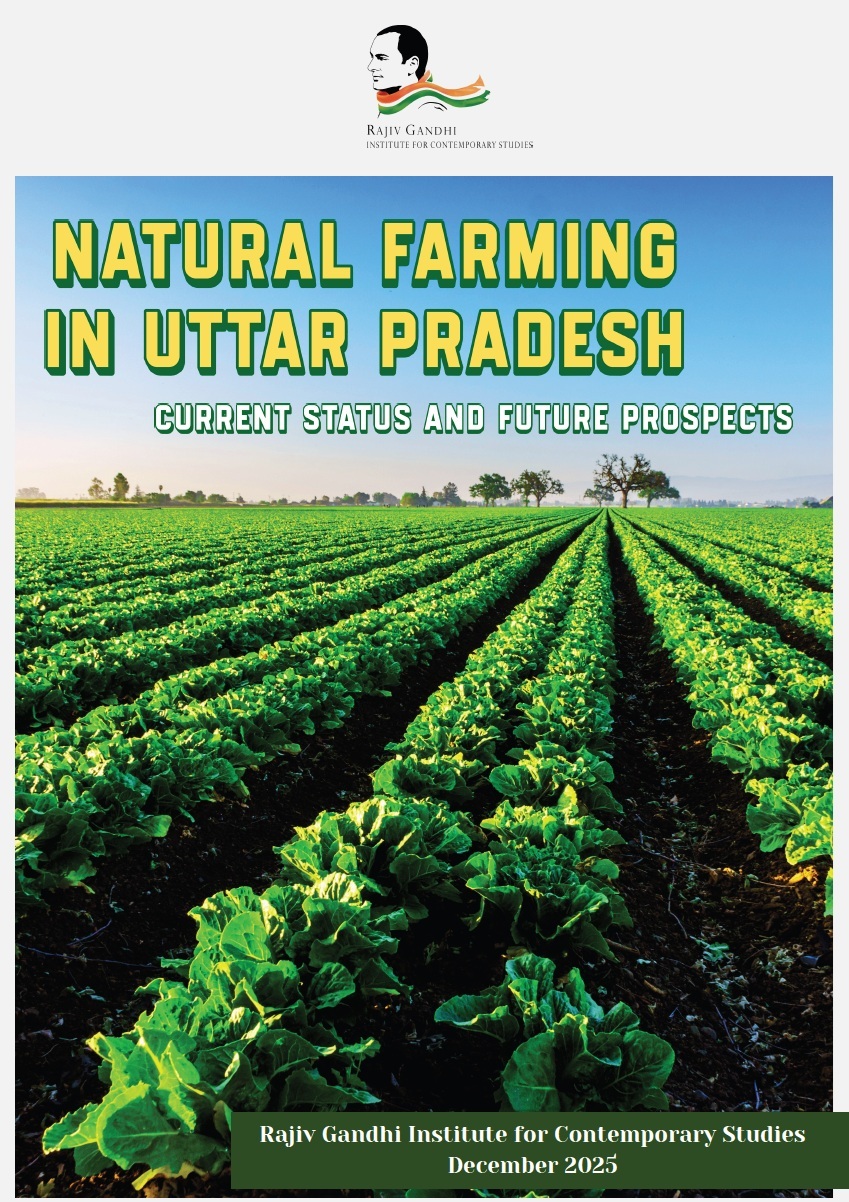Gram Gaurav Sansthan (GGS) has made impressive progress in bringing community-based water harvesting (CBWH) to 75 villages in the Dang region of Rajasthan, transforming the lives of many residents. However, over 2,000 villages are still waiting for help. The main obstacle? Limited resources and poor collaboration with the Dang Development Board (DDB), a government agency focusing more on infrastructure like roads and water tanks than on increasing water supply. Their differing priorities and GGS’s reduced autonomy when working with the DDB are major challenges.
The arid Dang region of Rajasthan is one of India’s most poverty-stricken areas, where lack of water access is a constant struggle. GGS has been a beacon of hope, using small-scale water harvesting structures like Pokhars, Taals, and Pagaras to improve water availability, boost crop yields, and raise groundwater levels. Their approach empowers communities by making them active stakeholders in the process.
Unfortunately, the government’s DDB agency, created to support development in the region, has been more focused on infrastructure projects that don’t address the core problem—actual water supply. Instead, GGS has had to rely on limited resources, making it difficult to scale their successful model to the more than 2,000 villages still in need.
The policy brief recommends tapping into the Mahatma Gandhi National Rural Employment Guarantee Act (MGNREGA) as a potential funding source. While MGNREGA can support the building of Pokhars and Pagaras, GGS must push for the inclusion of Taals in the scheme. Improving outreach through storytelling, newsletters, and guided visits could attract new partners and donors.
Another critical piece is including women in the process by acknowledging their contributions and offering training programs through the Animal Husbandry Department, which could significantly boost community participation.
The stakes are high—if GGS can’t scale up its work, thousands of villages will continue to suffer from poverty and water scarcity. Expanding GGS’s approach is essential for creating lasting change in the region.
Keywords: Water Harvesting, Rajasthan, Gram Gaurav Sansthan (GGS), Dang Region, Community-Based Water Harvesting (CBWH), Dang Development Board (DDB), Mahatma Gandhi National Rural Employment Guarantee Act (MGNREGA), Advocacy, Sustainability, Funding
Send download link to:Policy Brief: Expanding Water Harvesting Practices in Rajasthan, India Through Strategic Policy Advocacy

